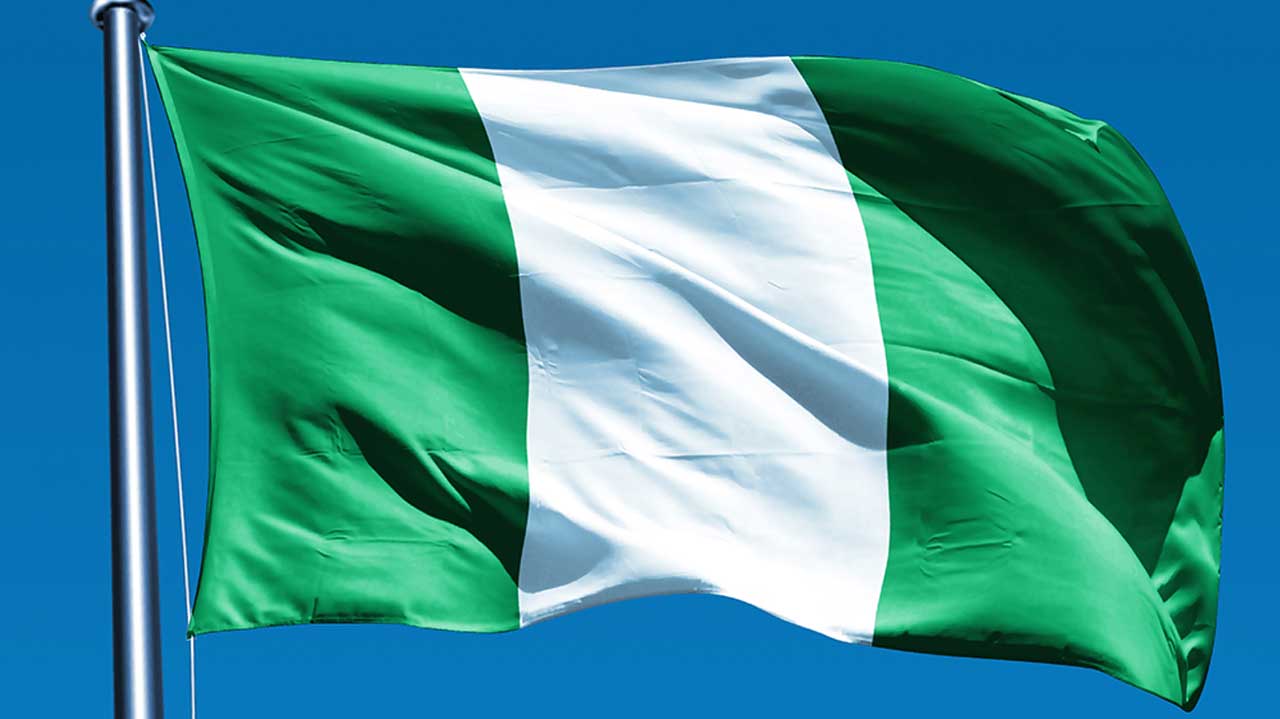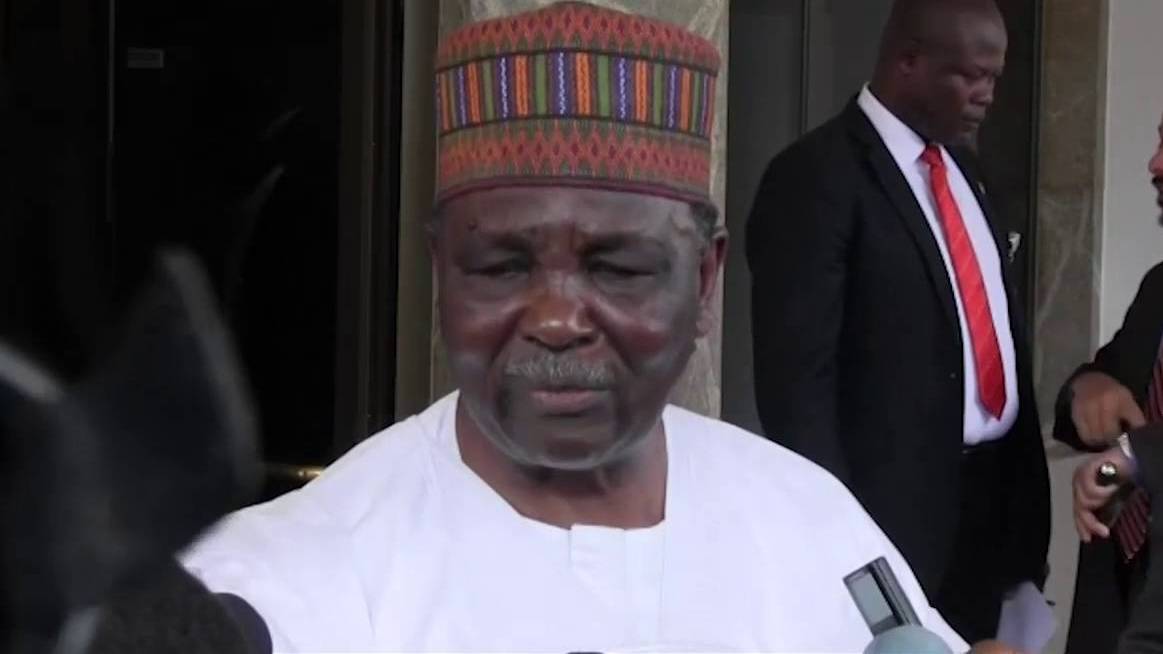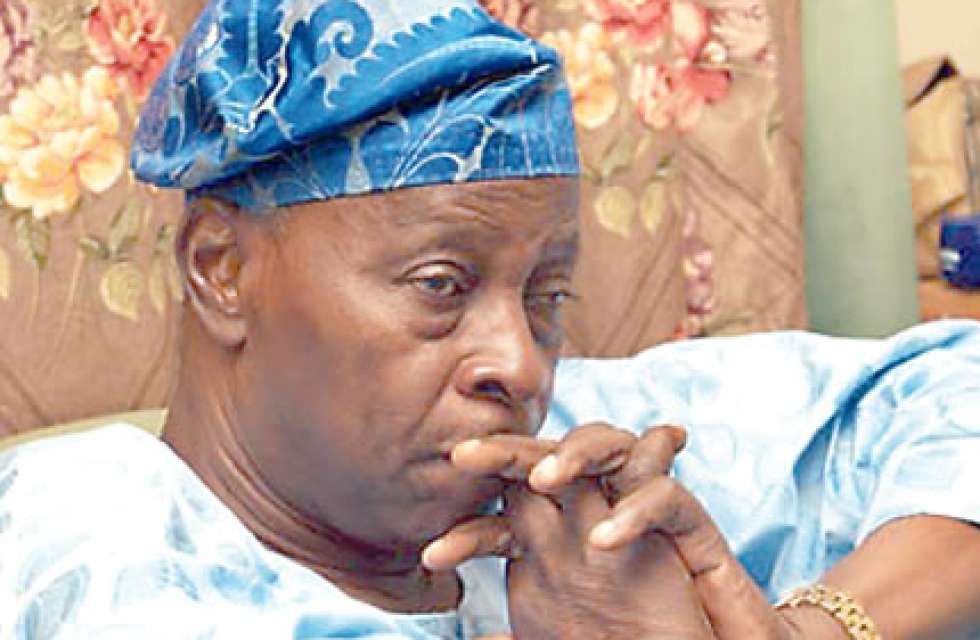A pro-Islam Nigerian rights group, the Muslim Rights Concern (MURIC) has presented its demands to the Federal Government as calls for the restructuring of the country deepens.
In a statement sent to issued on Monday, the group asked the federal government to declare Friday a work-free day to allow Muslims worship just as Sunday has been set aside for Christians.
The group made five other crucial demands. Read full statement below.
RESTRUCTURING NIGERIA: MUSLIMS SEEK SIX RELIEFS
The Federal Government appears set for restructuring particularly with the setting up of a committee on this crucial matter by the ruling party, the All Peoples’ Congress (APC). Restructuring became popular after the South East, South South and a section of the South West complained about marginalization. Several politicians from both the opposition and the ruling party have since spoken in support of this clamour.
However, we of the Muslim Rights Concern (MURIC) dissociate ourselves from all agitations for secession. We condemn all irredentist movements rearing their ugly heads in Southern Nigeria, particularly the agitation for the creation of Oduduwa Republic. We affirm clearly, unambiguously and unequivocally, that Muslim leaders in Yorubaland were not carried along before those demands were tabled. Nonetheless, just as some ethnic groups have complained of disaffections, we contend that Nigerian Muslims also nurse serious grudges bordering on marginalization against the Nigerian state.
We must start from the lanes of history because today was born from the wombs of yesterday. Islam has been in Nigeria since the 11th century and the British met Islam on ground when they arrived in the 19th century (800 years later). The British did not deem it fit to observe the rules of natural justice when they colonized the country as all Islamic landmarks were eliminated and supplanted with a wholly Christian system.
This injustice may have been at the root of frequent religious crisis in Nigeria because successive governments after independence refused to listen to the agitations of Muslims for a review of the status quo. The issues being raised by Muslims are listed in the following paragraphs so that the authorities may address them when restructuring eventually begins.
One: Nigerians enjoy a total of eight (8) public holidays in a year. These are Christmas Day, Boxing Day, New Year Day, Good Friday, Easter Monday, Id al-Kabir, Id al-Fitr and Maulud an-Nabiyy. Five (5) of the eight holidays belong to Christians (Christmas Day, Boxing Day, 1st January, i.e, New Year Day, Good Friday and Easter Monday). Only three (3) holidays belong to Muslims, viz, Id al-Kabir, Id al-Fitr and Maulud an-Nabiyy.
Restructuring should give Muslims 1st Muharram. This will bring the total number of Muslim holidays to four while Christian holidays remain five.
Two: Christian marriages contracted inside churches or registries are held sacrosanct everywhere in Nigeria whereas Muslim marriages (nikah) are not recognized for any official purpose. Muslim couples find themselves in a cul de sac each time they presented their Islamic marriage certificates for official purposes. It is paradoxical that in a democracy, one marriage conducted by a religious group is acceptable while the other is not. What kind of constitution is Nigeria using?
Islamic marriages should be recognized in all official circles where Christian marriages are recognized. The Nigerian Marriage Act (1990) should therefore be revisited.
Three: Nigeria has a two-day weekend, viz, Saturday and Sunday. Saturday was a half day during the colonial era and Sunday was the only full day at the weekend. However, Saturday was made a full day to favour the Seventh Day Adventists, a Christian denomination during the regime of General Yakubu Gowon, a Christian military ruler. It is very clear, therefore, that the two weekend days recognized in Nigeria belong to Christians while Muslims have none since Friday, the Muslim day of worship, remains a working day.
It is pertinent to note that Friday was a work-free day until the British brought Christianity and stopped Muslims from enjoying their Allah-given fundamental human right. The relief we are seeking through restructuring is that Friday should be declared free to assume parity with the Christians’ Sunday. While we are not seeking anarchy, we are confident that the Federal Government (FG) has all the paraphernalia of administration to work out the modalities.
Four: Immigration officials engage in regular stereotyping of Muslims who apply for international passports. They intimidate Muslims particularly at the point of taking pictures. Muslim males are ordered to remove their caps; Imams are coerced into removing their turbans; bearded Muslims are compelled to shave or trim their beards; hijab-wearing Muslim women are made to remove their hijabs or ordered to draw their hijab backwards to reveal their ears. The same scenario plays itself out in driving licence, national identity card offices and during registration for elections.
In the process, thousands of Muslims have been denied international passports, driving licences and national identity cards while millions have been disenfranchised during elections. The authorities must find a way of stopping the persecution and profiling of Muslims.
Five: Uniformed groups in Nigeria, including the army, police, uniformed voluntary groups, nurses, the National Youth Service Corps (NYSC), students of primary and secondary schools, etc, use uniforms designed by the Christian colonialists. These uniforms should have been reviewed after independence because they only suit the Christians. Some of them constitute breaches to Islamic dress code and offend the sensibility of Muslims who are compelled to wear the uniforms regardless of their inner feeling of resentment.
In view of the fact that Western countries like Britain, Canada and the United States have designed uniforms with hijab for their female Muslim police, soldiers, students, etc, Nigeria’s restructuring authorities should borrow a leaf from those countries.
Six: There is no single Shari’ah court in South Western Nigeria where Muslims constitute the majority. This is contrary to what obtained in Yorubaland before the advent of the British. There were Shariah courts in Ede, Iwo, Ikirun, Ibadan, etc. Yoruba Muslims are now compelled to take their civil matters like inheritance, marriage, etc to Christo-Western courts. This is preposterous and unacceptable.
We demand the establishment of Shariah courts in all South Western states including Edo State where there is a significant percentage of Muslims.
We call the attention of FG and the restructuring committee of the APC to the above six reliefs. Muslims are in bondage in this country and we believe that restructuring should emancipate people in captivity. APC promised change. This change can only be meaningful to us if it breaks the shackles around our necks. We have begged enough for the restoration of our Allah-given and fundamental human rights. We are tired of begging. Restructuring is about reapportioning the dividends of democracy such that it goes round and it is not restricted to one section.
Colonial administration was grossly unfair to Muslims. Nigeria was Christianised by Britain and Muslims bore the brunt. We suffered forceful conversion, denial of rightful employment and even worse forms of persecution. But what is most disappointing is the policy of exclusion adopted by post-independence governments.
On a final note, we demand full integration and full recognition as bona fide citizens of Nigeria, not second or third class citizens. We are the aggrieved party. The British most brutally and most unjustly took all we had from us, giving us nothing in return and offering no relief. It has continued to give us a feeling of rejection, marginalization, denial of the dividends of democracy and lack of a sense of belonging. The time for redress is now and our six-point relief is here for all to digest.
Professor Ishaq Akintola,
President,
Muslim Rights Concern (MURIC)


